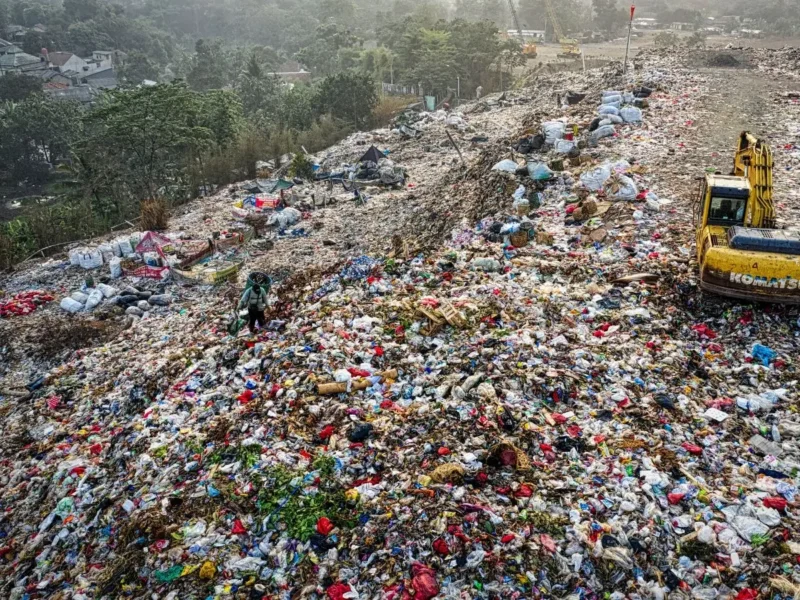In this week’s blog, we would like to discuss what is being done in Europe to tackle plastic waste, and most importantly what should be doing to overcome these issues.
The Problem with Plastic
Although plastic has many uses that we benefit from, is it really worth the damage it leaves on our environment? The problem with plastic is that most of it isn’t biodegradable; unlike paper, it doesn’t rot away. Once we’re finished with it, it is very easily transferred into our oceans from boats and beaches or be carried out to sea via rivers. Experts believe that by 2050, all the plastic in the ocean will weigh more than the amount of fish. Many birds, fish and shellfish mistake plastic for food, and often they cannot digest plastic, therefore their stomachs become full, signifying they don’t have room for actual food. There is much talk about how badly plastic affects our oceans, however plastic pollutes during every part if its life cycle.
What is being done?
Since the introduction of the 5p charge for a single-use plastic bag, sales of bags have fallen by 86%. Seven key retailers revealed they issued 7.6 billion single-use bags in 2014, but it is estimated that the figure was down by more than 1 billion in 2017-18. Unfortunately, only nine European countries have explicit targets for plastic waste deterrence. Clear targets which are helpful to drive innovation are lacking from many European countries. The EU has recently taken action on waste prevention by introducing new measures to address plastic waste and pollution. These include the European Commission’s 2018 European strategy for plastics in a circular economy and adopting Single Use Plastics Directive. The EU council adopted measures proposed by the European Commission to tackle marine litter which entails banning the ten most common single-use products found on European beaches; cotton buds, cutlery, straws, stirrers, abandoned fishing equipment and oxo-degradable plastics.
What else should be done?
Despite hopeful efforts across European countries to combat plastic waste, the European Environmental Agency (EEA) have stated that this is not enough. The EEA report ‘Preventing plastic waste in Europe’ states that there should also be a focus on charging for other types of plastic products; for instance plastic packaging waste, which is Europe’s single largest waste stream. The report also suggests that the most environmentally harmful plastic types such as non-recyclable plastic products should be further prioritised. There is to be a further push on limiting plastic use through a national reduction in consumption through labelling.







